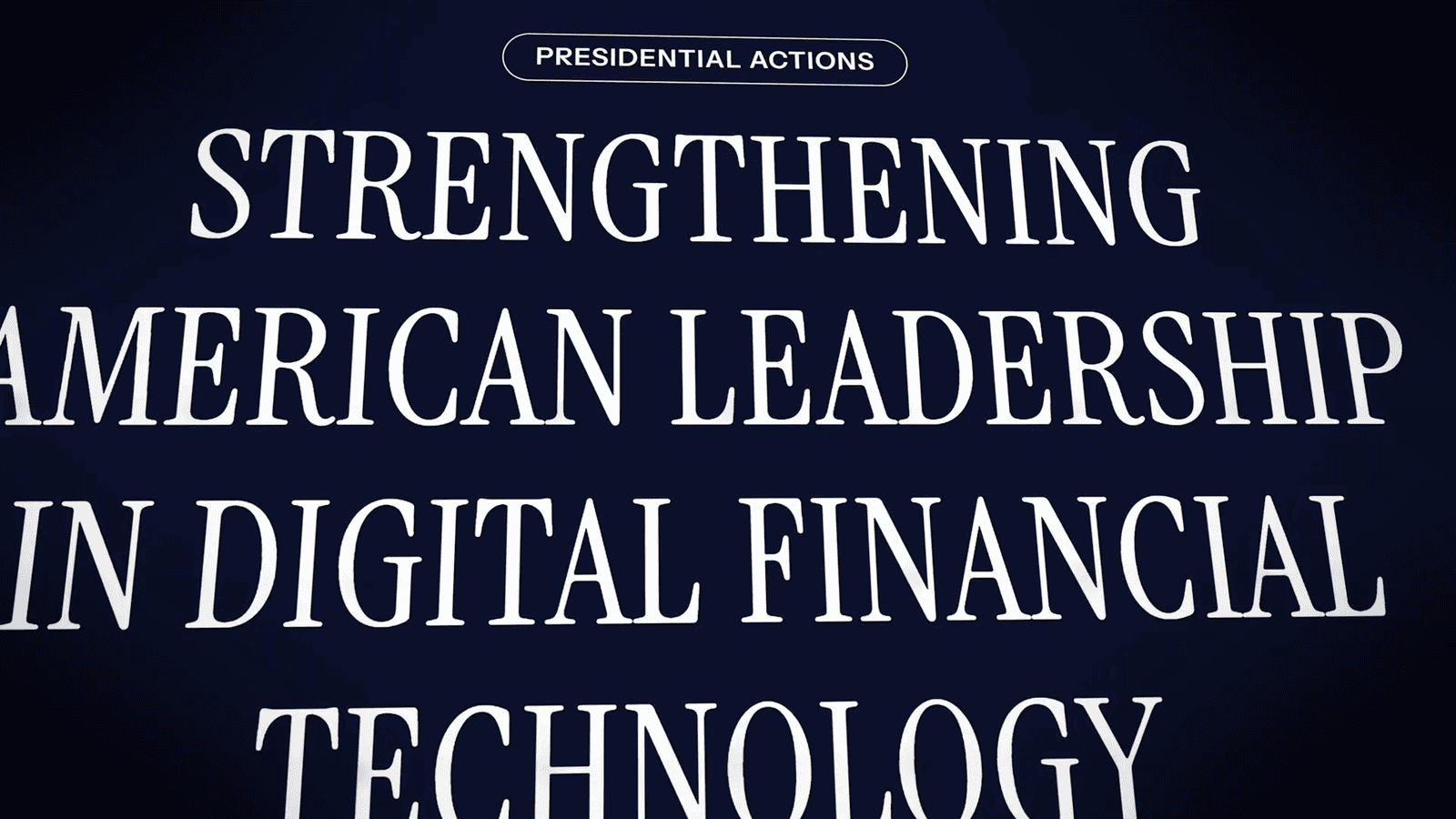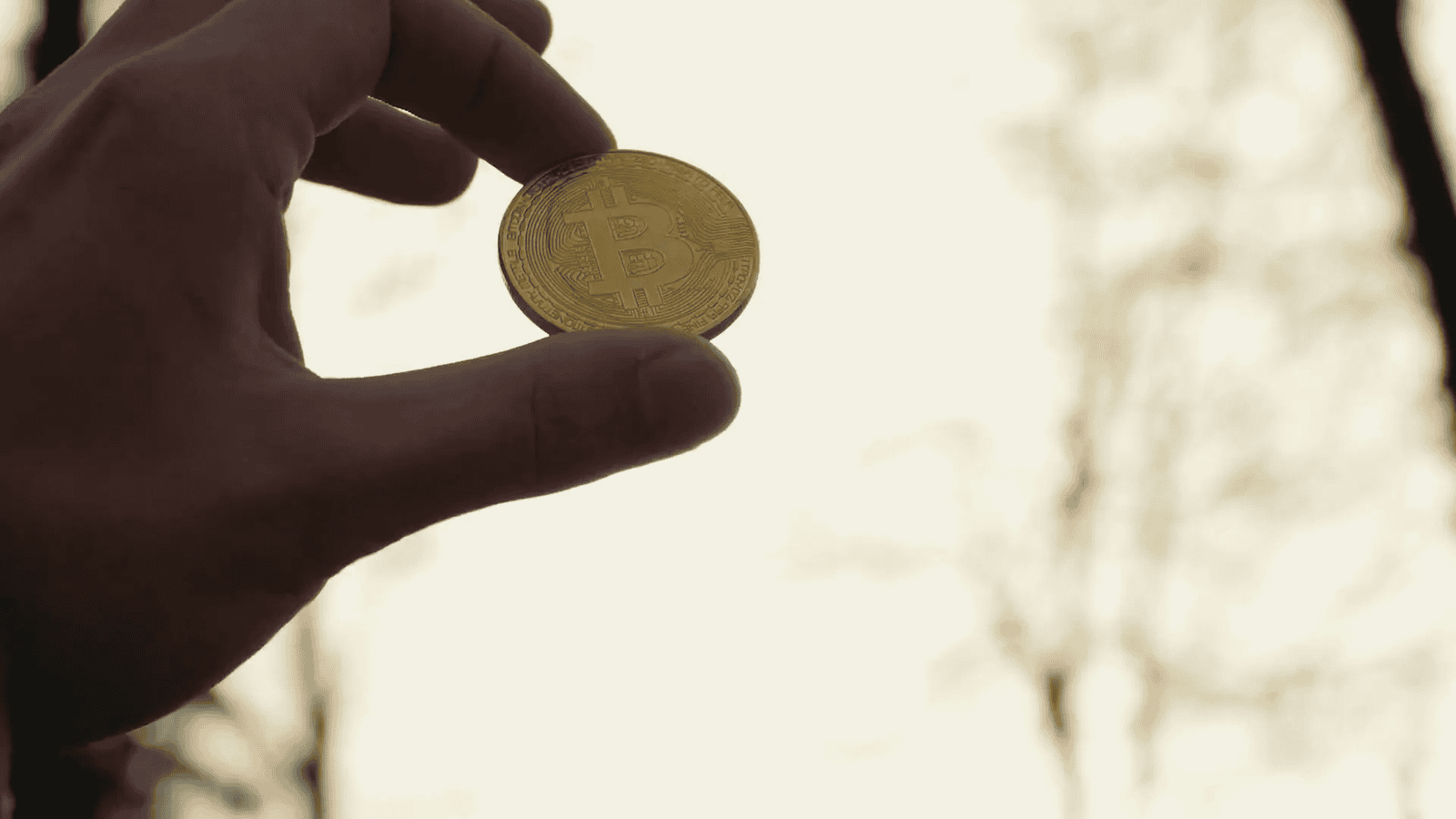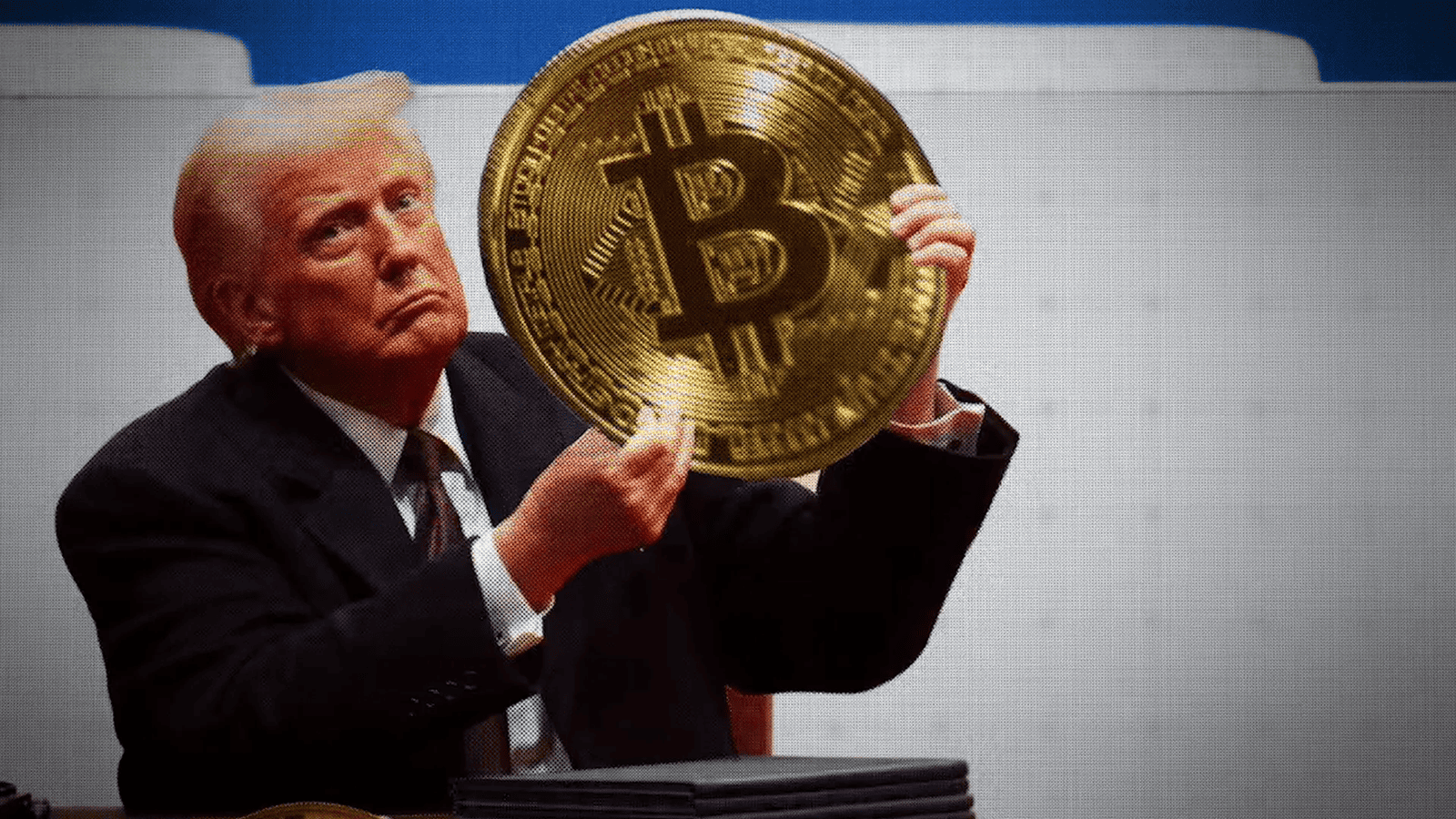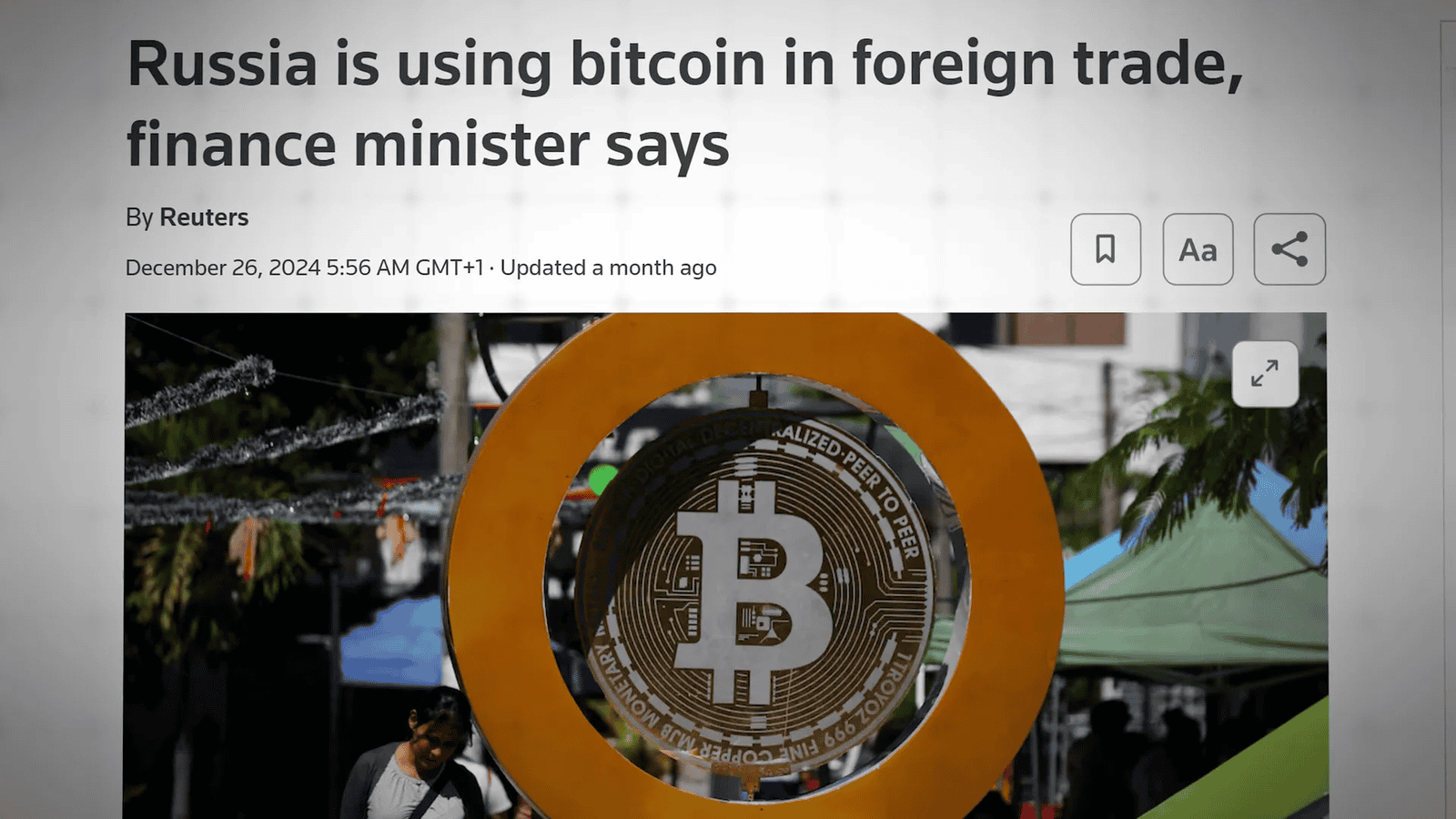In a groundbreaking move, President Trump has prompted the U.S. government to explore the creation of a national reserve of digital assets. This shift has sparked a wave of interest among nations worldwide, contemplating the strategic importance of Bitcoin. Join us as we delve into the implications of a Strategic Bitcoin Reserve and which countries may follow suit.
Table of Contents
Introduction: The Strategic Bitcoin Reserve
The concept of a Strategic Bitcoin Reserve is gaining traction. With President Trump’s directive for the U.S. to explore the creation of a national reserve of digital assets, the landscape of financial strategy is shifting. This initiative is not just a fleeting trend; it represents a profound recognition of Bitcoin’s potential as a strategic asset.
Countries around the world are beginning to understand that Bitcoin could serve as a formidable resource in times of economic uncertainty. The notion of treating Bitcoin as a critical reserve asset could redefine the way nations approach financial stability and security.

What is a Strategic Reserve?
A strategic reserve refers to a stockpile of essential resources that governments maintain to ensure economic security. These reserves are typically commodities—gold, oil, and even agricultural products—set aside for emergencies or disruptions in supply chains. But what happens when we introduce digital assets like Bitcoin into this equation?
Bitcoin, often dubbed “digital gold,” shares many characteristics with traditional reserve assets. Its scarcity, durability, and liquidity make it a compelling alternative. However, its digital nature introduces unique advantages, such as easier transport and storage, which could prove invaluable in a crisis.
Bitcoin as a Strategic Asset
Bitcoin’s value proposition extends beyond its resemblance to gold. While gold is traditionally viewed as a hedge against inflation and economic instability, Bitcoin’s attributes position it as a proactive tool for nations looking to bolster their financial resilience. Unlike fiat currencies, Bitcoin operates independently of central banks and government policies, providing a hedge against currency debasement.
As inflation continues to erode the value of fiat currencies, the importance of having a national reserve of digital assets becomes increasingly apparent. Countries facing crippling debts and high inflation rates may find that Bitcoin offers a viable solution to mitigate these issues.

In recent years, institutions like BlackRock have recognized Bitcoin as a “unique diversifier,” highlighting its potential to perform well when traditional assets falter. This perspective is crucial for governments contemplating the establishment of a Strategic Bitcoin Reserve. By incorporating Bitcoin, nations can diversify their reserves and reduce exposure to macroeconomic risks.
In essence, the Strategic Bitcoin Reserve is not merely about holding Bitcoin; it’s about acknowledging its role in a modern financial ecosystem and leveraging its advantages to navigate uncertain economic landscapes.

The implications of this strategic shift are profound. Countries that adopt Bitcoin as a core element of their reserves may position themselves ahead of the curve, tapping into the growth potential of an asset that is still underappreciated by many. This presents a historic opportunity for nations to rethink their financial strategies.
As we continue to observe the evolving landscape of digital assets, the potential for Bitcoin to be recognized as a strategic reserve asset is not just a possibility; it is rapidly becoming a necessity for governments worldwide.

Generational Entry at $100K?
The prospect of a national reserve of digital assets has ignited discussions about a potential generational entry point for governments looking to acquire Bitcoin. At a price point of $100,000 per Bitcoin, the implications are both exciting and daunting. For many, this marks a pivotal moment; for others, it raises questions about timing and strategy.
As we analyze the market dynamics, it’s essential to consider the historical context of Bitcoin’s price movements. The $100K threshold is not just a number—it’s a psychological barrier that can influence buying behavior. Governments contemplating entry into the Bitcoin market must weigh the risks of purchasing at what some may perceive as a peak against the potential for significant long-term gains.

Moreover, this potential entry point could serve as a catalyst for other countries. If a major nation successfully establishes a Bitcoin reserve at $100K, it may trigger a ripple effect, prompting others to follow suit. The race to accumulate Bitcoin before prices escalate could lead to an unprecedented surge in demand, further inflating prices.
However, the question remains: will governments act quickly enough to capitalize on this opportunity? The fear of entering the market at a high price could lead to hesitation, ultimately resulting in missed opportunities as prices climb higher. This dynamic creates a compelling scenario where the balance of risk and reward must be meticulously navigated.
The SBR Candidates
As nations contemplate the establishment of their Strategic Bitcoin Reserves, several candidates emerge as frontrunners in this evolving landscape. The United States, China, and Russia are among the primary players, each with unique motivations and strategies for Bitcoin accumulation.
The U.S. has made significant strides toward exploring a national reserve of digital assets. With key figures advocating for substantial Bitcoin purchases, the U.S. is poised to set the standard for other nations. The involvement of lawmakers and influential political figures indicates a growing recognition of Bitcoin’s strategic importance.
China’s position is more ambiguous. While the Chinese government has historically maintained a firm stance against cryptocurrency, the dynamics are shifting in Hong Kong. The special administrative region is positioning itself as a digital assets hub, raising speculation about whether Beijing might leverage Hong Kong as a testing ground for Bitcoin policy. Should China decide to accumulate Bitcoin, the geopolitical implications would be profound, potentially altering the balance of power in the global economy.
Russia, on the other hand, has already taken significant steps toward integrating Bitcoin into its economic framework. The recent decision to allow Bitcoin for international trade settlements signals a willingness to embrace digital assets. The notion of a strategic reserve is gaining traction, but caution prevails as government officials consider the timing and potential risks involved.
Beyond these major players, several smaller nations are also exploring the possibility of establishing Bitcoin reserves. Countries like El Salvador and Bhutan serve as early adopters, demonstrating the potential for significant returns on investment. Their experiences can provide valuable insights for larger nations contemplating similar moves.
In Brazil, lawmakers are proposing bills to create strategic reserves, while Poland’s political landscape includes candidates advocating for Bitcoin adoption. Each of these countries presents a unique case study in the broader narrative of Bitcoin’s acceptance as a strategic asset.
As we analyze these candidates, it’s crucial to consider the broader implications of a national reserve of digital assets. The establishment of such reserves could pave the way for greater acceptance of Bitcoin, not only as a speculative asset but as a legitimate component of national financial strategy. This shift could redefine the global economic landscape, as countries vie for positions in a new digital asset hierarchy.
FAQ: What You Need to Know
As the concept of a national reserve of digital assets gains traction, many questions arise about its implications and operational aspects. Below, we address some of the most frequently asked questions regarding the Strategic Bitcoin Reserve (SBR) and its potential impact on global financial systems.
What is a Strategic Bitcoin Reserve?
A Strategic Bitcoin Reserve is a stockpile of Bitcoin that a nation-state maintains as part of its financial strategy. It is akin to traditional reserves such as gold or oil but focuses on digital assets. The purpose is to provide economic security in times of financial instability, acting as a safeguard against inflation and currency devaluation.

Why do countries need Bitcoin?
Countries are increasingly recognizing Bitcoin as a strategic asset that can enhance their financial resilience. In an era of rampant inflation and currency debasement, Bitcoin offers a decentralized alternative that is less vulnerable to traditional market risks. By holding Bitcoin, nations can diversify their reserves and reduce reliance on fiat currencies.

How will a national reserve of digital assets be managed?
The management of a national reserve of digital assets would likely involve a combination of government oversight and specialized financial institutions. This includes ensuring secure storage, monitoring market conditions, and implementing strategies for accumulation and liquidation as necessary. Transparency and regulatory compliance will be essential to maintain public trust and confidence.

Could Bitcoin reserves trigger a global competition?
Yes, the establishment of Bitcoin reserves by one country could spur others to follow suit, leading to a competitive race for accumulation. As nations seek to secure their economic foothold, this could result in increased demand for Bitcoin, driving prices higher. The geopolitical landscape may shift dramatically as countries vie for dominance in digital asset holdings.

What are the risks associated with holding Bitcoin?
Like any investment, holding Bitcoin comes with risks. Price volatility is a significant concern, as Bitcoin’s value can fluctuate dramatically within short periods. Additionally, regulatory uncertainties and potential security threats, such as hacking or fraud, pose challenges for governments managing these assets. Countries must weigh these risks against the potential benefits of digital asset accumulation.
How does the Strategic Bitcoin Reserve relate to traditional assets?
The Strategic Bitcoin Reserve complements traditional assets by providing a new avenue for diversification. While gold has historically served as a hedge against inflation, Bitcoin adds a layer of protection through its unique characteristics, such as scarcity and decentralized nature. This combination can enhance a nation’s financial stability, especially in turbulent economic times.

What does the future hold for national reserves of digital assets?
The future of national reserves of digital assets looks promising as more countries recognize the potential of Bitcoin. As public understanding of cryptocurrencies grows, and as more governments explore their strategic value, we might see broader adoption. This could lead to a fundamental shift in global financial systems, reshaping how nations interact economically.

How can individuals prepare for this shift?
Individuals can prepare for the shift towards national reserves of digital assets by educating themselves about cryptocurrencies and their underlying technologies. Understanding the implications of a national reserve can help individuals make informed investment decisions. Additionally, staying updated on regulatory changes and market trends will be crucial as the landscape evolves.
Conclusion
The concept of a national reserve of digital assets, particularly Bitcoin, represents a transformative opportunity for governments worldwide. As countries navigate the complexities of economic stability, the strategic value of Bitcoin becomes increasingly clear. By addressing these FAQs, we hope to shed light on the significance of this evolving financial landscape.

This blog post is inspired by the video Bitcoin: The Next Gold? Why Nations Are Eyeing BTC Reserves!. All credit for the video content goes to the original creator. Be sure to check out their channel for more amazing content!









